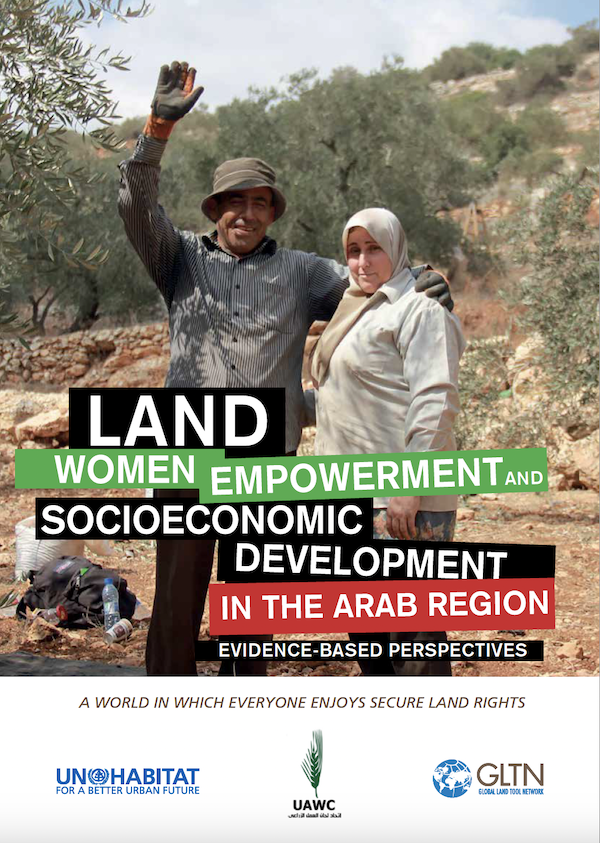There is a correlation between socio-economic development, human rights and the empowerment of men and women to participate at all levels of decision making. Secure land rights are an important precondition for the achievement of these goals, including and the realisation of a broad spectrum of…
IFPRI is participating in the 2023 annual CGIAR Gender Research Conference. This conference is co-hosted by the CGIAR GENDER Impact Platform and the Indian Council of Agricultural Research (ICAR) and will take place in New Delhi, India, on October 9-12, 2023.
This working paper uses an online issue mapping approach to explore two research questions: 1) How is human mobility in Jordan represented in local and international social media conversations? 2) What associations between human mobility and climate security-related topics are present in these…
The climate crisis is increasing security risks in Jordan. Of the manifold risks Jordan must contend with, most pressing are those with direct implications for water resources which are already under significant strain due to both climatic and human-induced factors. Higher temperatures are…
The Hashemite Kingdom of Jordan faces a plethora of climate challenges, from rising temperatures to drought and desertification, exacerbating issues of water scarcity. Concurrently, the country is home to an expanse of social protection and humanitarian assistance programs, varying in delivery…
Avoiding, reducing and reversing land degradation is essential for the food security of current and future generations, for the conservation of biodiversity and the achievement of climate targets. In the current context of increased competition over land resources, rising food insecurity, and…



